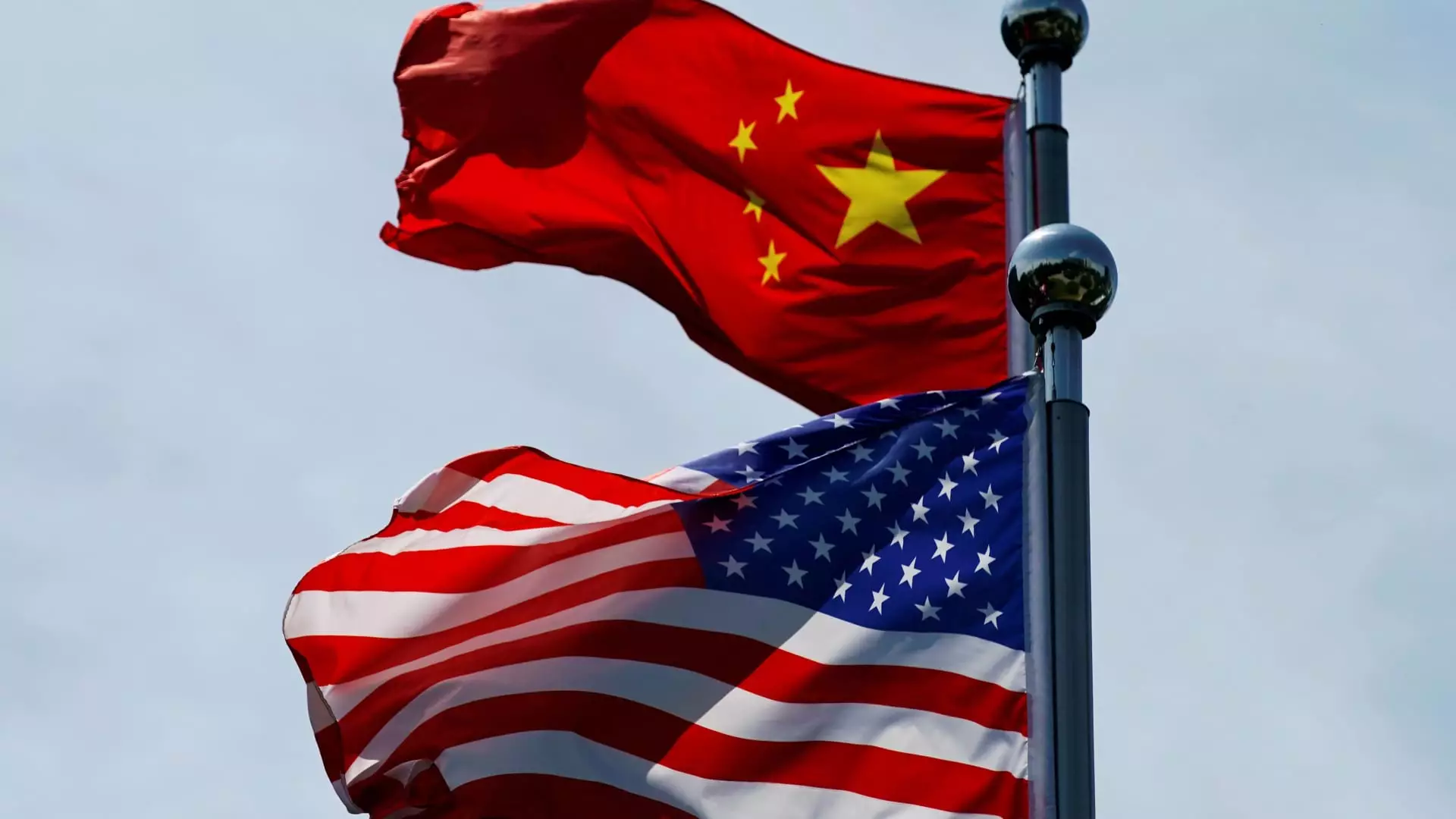The discussion surrounding tariffs and trade agreements has become increasingly critical in light of recent political developments, particularly under the upcoming administration of President-elect Donald Trump. His plans to impose additional tariffs on Chinese imports and other North American products signal a potential shift in U.S. trade policy that could have far-reaching consequences. This new approach emphasizes a rising trend of protectionism — a response to perceived threats from illegal immigration and drug trafficking, particularly related to the opioid crisis.
Trump’s announcement of a 10% tariff on all Chinese products, alongside a potential 25% tariff on goods from Canada and Mexico, marks a pivotal moment in U.S. foreign trade strategy. Tariffs have traditionally served as a tool to protect domestic industries and manage trade deficits, yet their effectiveness remains hotly debated among economists and industry experts. The reliance on tariffs also reflects a broader skepticism toward free trade agreements that have shaped U.S. economic policy for decades.
Historically, tariffs have been seen as a means to penalize foreign nations for unfair trade practices while encouraging local manufacturing. However, the expected repercussions may include increased costs for American consumers and diminished global competitiveness. As Trump has articulated more stringent measures against China due to its alleged inaction on drug trafficking, the question arises whether such tariffs are a constructive approach or merely a band-aid on deep-rooted economic issues.
The Drug Trade Behind the Tariff Decisions
Central to Trump’s rationale for imposing tariffs on China is the ongoing opioid crisis fueled by synthetic opioids like Fentanyl. With a staggering number of overdose deaths in the U.S., Trump’s commitment to combatting the drug flow has become a defining element of his trade rhetoric. His assertions suggest that the imposition of tariffs is not just an economic measure but a moral imperative, aimed at enforcing accountability from foreign governments producing substances that devastate communities across the nation.
Despite this argument, it is essential to consider whether trade policy can effectively mitigate complex social issues like drug addiction. The dynamics between supply chains and illicit drug trade often transcend simple economic sanctions. It remains uncertain if imposing additional tariffs will truly lead to a significant reduction in Fentanyl trafficking or if these measures will instead lead to retaliatory actions from China or disruptions in legitimate trade channels.
Initial market responses to Trump’s tariff announcements reveal a cautious outlook among analysts. The 10% tariff on Chinese goods is notably lower than the 20% to 30% that some economists anticipated, suggesting a potential acknowledgment of the complicated economic interdependencies between the U.S. and China. Experts surmise that in light of these developments, China might opt to utilize various fiscal strategies—such as rate cuts and currency adjustments—to counteract the anticipated impact on its economy.
Moreover, the interconnected nature of global markets indicates that U.S. tariffs will not only affect bilateral relations but could also influence economic stability in neighboring countries like Mexico and Canada, who are crucial partners in trade. A significant reliance on exports means that these economies could contract under increased tariffs, ultimately affecting American businesses that rely on imports from these nations.
As the United States navigates through this politically charged terrain, the proposed tariffs outlined by President-elect Trump bring forth critical concerns about long-term economic sustainability and international relations. Trade policy is as much about negotiation and cooperation as it is about sanctions; an aggressive tariff strategy could alienate vital trading partners and stifle potential economic growth. The success of such measures will depend not only on their immediate effects but also on how they play into the larger narrative of cooperation between nations grappling with shared challenges, such as the ongoing opioid crisis. Balancing domestic priorities with global economic responsibilities will be essential as the new administration embarks on this pivotal journey.

